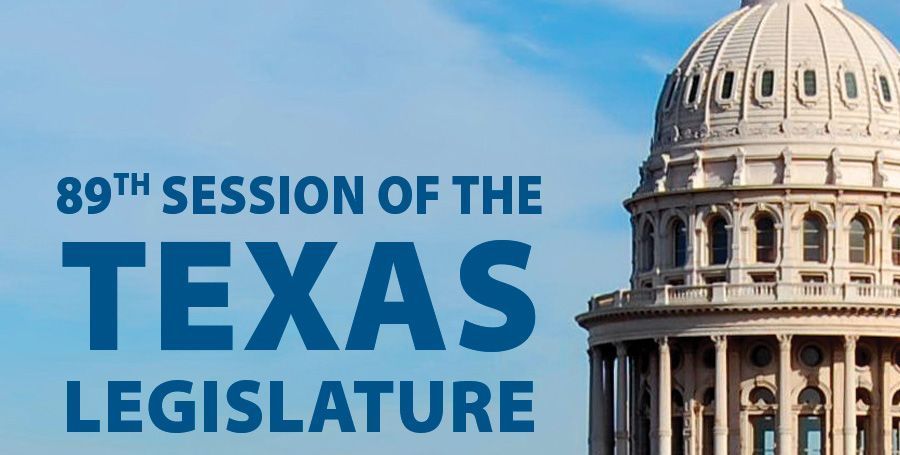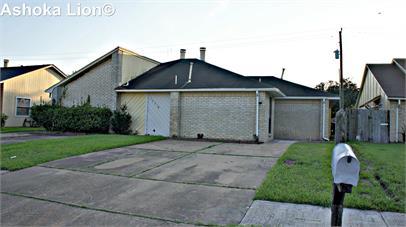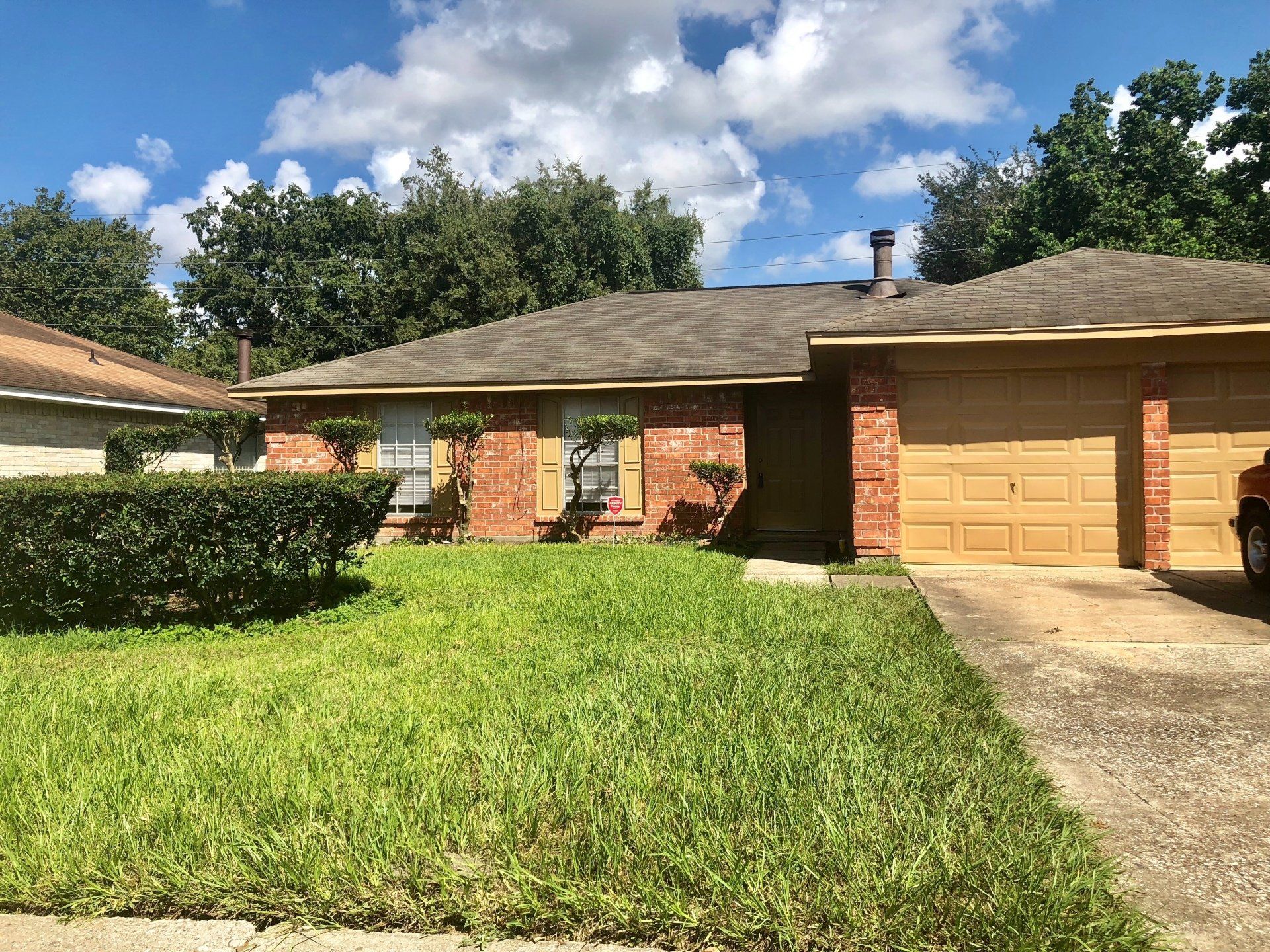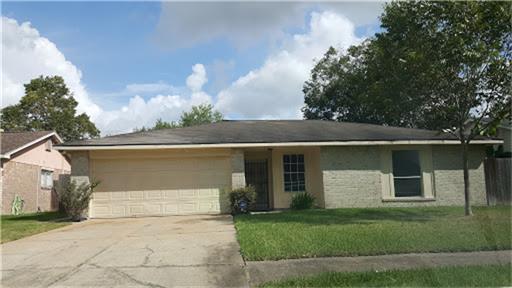Legislative Changes that could Impact your HOA

The 89th Texas Legislature is currently reviewing and advancing a series of proposed bills that could fundamentally reshape how Homeowners Associations (HOAs) operate throughout the state. These legislative changes introduce substantial updates to the Texas Property Code, the primary set of laws governing the creation, authority, and responsibilities of HOAs. With many Texas homeowners having long expressed concerns about restrictive HOA practices, these reforms reflect a growing effort to balance community standards with individual property rights.
Homeowners Associations, or HOAs, are private governing bodies that enforce rules within planned communities, subdivisions, and neighborhoods. They oversee matters such as dues collection, maintenance of common areas, and enforcement of aesthetic and structural guidelines. Most of the reforms being discussed impact Chapter 209 of the Texas Property Code, which outlines the authority and limitations of HOAs. Several of the proposed bills aim to give homeowners more autonomy and protections in areas where they previously had limited leverage.
Below are eight major legislative updates and how they may impact community living across Texas.
1. House Bill 5011 – Relief During Lawsuits
House Bill 5011 introduces a significant financial protection for homeowners engaged in litigation with their HOA. Under this proposal, homeowners would be permitted to temporarily withhold HOA assessment payments until their case is resolved. This change aims to reduce the financial pressure on individuals who may already be struggling with legal expenses, preventing HOAs from using assessments as leverage during disputes.
2. House Bill 5225 – Limiting HOA Control Over Aesthetics
HB 5225, specifically Section 209.0151, dramatically reduces an HOA’s authority over aesthetic decisions. Under this new rule, as long as a homeowner’s exterior improvements comply with municipal building codes, the HOA
cannot dictate colors, materials, or style choices.
This marks a major departure from traditional HOA oversight and prevents associations from enforcing rules that prioritize visual uniformity over homeowner preference. For many Texans, this means greater creative freedom and fewer restrictive approvals.
3. House Bill 431 – Protecting Solar Energy Installations
HB 431 strengthens Texas' push toward renewable energy by ensuring HOAs cannot prohibit homeowners from installing solar roof tiles. With rising interest in energy-efficient homes, this bill reinforces the state’s commitment to clean energy and empowers homeowners to invest in sustainable technology without facing HOA interference.
4. Drought-Related Reforms – HB 359, HB 517 & SB 542
With Texas facing recurring drought conditions, legislators have introduced several bills focused on environmental responsibility. These laws collectively limit an HOA’s ability to penalize homeowners for circumstances outside their control.
Under these reforms, HOAs cannot issue violations or fines for:
- Brown or dry lawns caused by drought
- Necessary drought-related landscaping changes
- Compliance with municipal water restrictions
These measures acknowledge the reality of Texas’ climate challenges and reduce unnecessary burdens on homeowners attempting to conserve water responsibly.
5. HB 1432 & HB 2269 – Sustainable Landscaping Rights
Expanding on drought-related measures, these bills support water-efficient, sustainable landscaping:
- HB 1432 prevents HOAs from prohibiting the use of drought-resistant landscaping.
- HB 2269 forbids HOAs from requiring homeowners to install living grass, opening the door to alternatives such as xeriscaping, artificial turf, or gravel landscaping.
Together, these laws shift HOAs toward more environmentally conscious policies while granting homeowners budgeting and design flexibility.
6. HB 294 – Expanding Gardening Rights
HB 294 grants homeowners the explicit right to grow
fruits and vegetables anywhere on their property—including the front yard. It also allows residents to keep up to
six domestic fowl or rabbits, reflecting the rising popularity of small-scale urban homesteading.
This update encourages greater self-sufficiency and reflects Texans’ desire for more practical and sustainable use of their property.
7. HB 2013 & SB 141 – Protecting the Right to Keep Chickens
Both HB 2013 and SB 141 expand upon HB 294 by ensuring homeowners can keep chickens for personal use. SB 141 sets a standard of up to six birds, providing clarity and consistency. These laws support families seeking natural food sources and backyard farming practices.
8. HB 1087 & SB 704 – Strengthening HOA Transparency
These bills focus on improving accountability within HOAs. Under HB 1087 and SB 704, HOAs must hold
special elections to fill vacant board positions—even if the vacancy occurs mid-term.
This ensures homeowners have a voice in leadership decisions and prevents boards from appointing replacements without community input.
A Shift Toward Fairness and Modernization
Collectively, these legislative updates represent a major evolution in homeowner rights in Texas. They signal a new era in which:
- Personal freedoms are prioritized
- Sustainable practices are encouraged
- Renewable energy is supported
- HOA oversight is more transparent and limited
For homeowners, these reforms provide long-awaited protections and greater autonomy. For HOAs, they present a need to modernize governing documents, revise enforcement standards, and improve communication practices. As Texas communities adapt, training and guidance from state and municipal leaders could help ensure a smoother transition.
Ultimately, these changes promote a more balanced relationship between HOAs and the residents they serve—one driven not by rigid control, but by cooperation, sustainability, and mutual respect.









